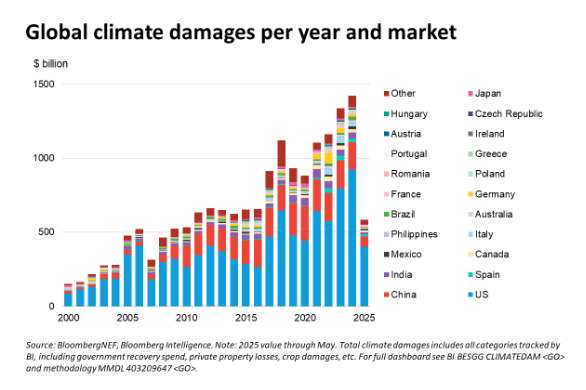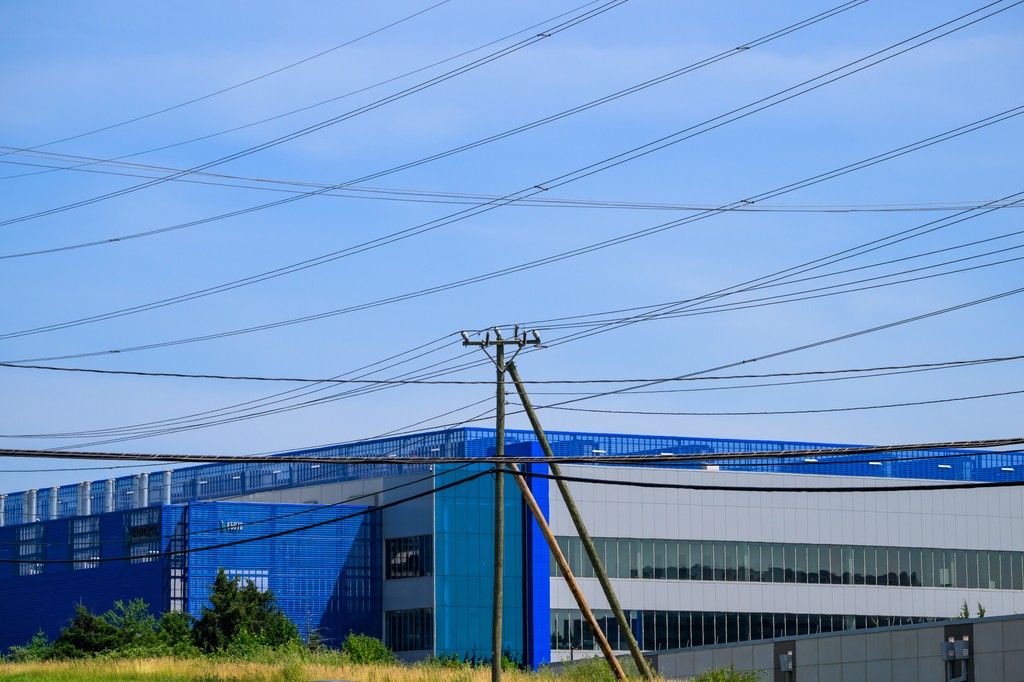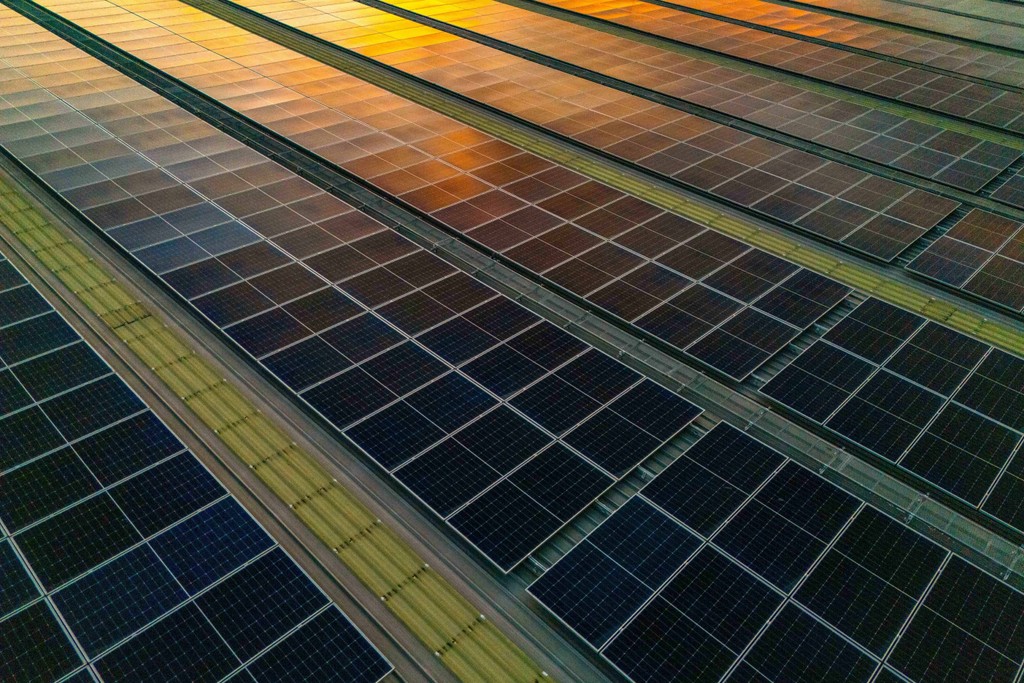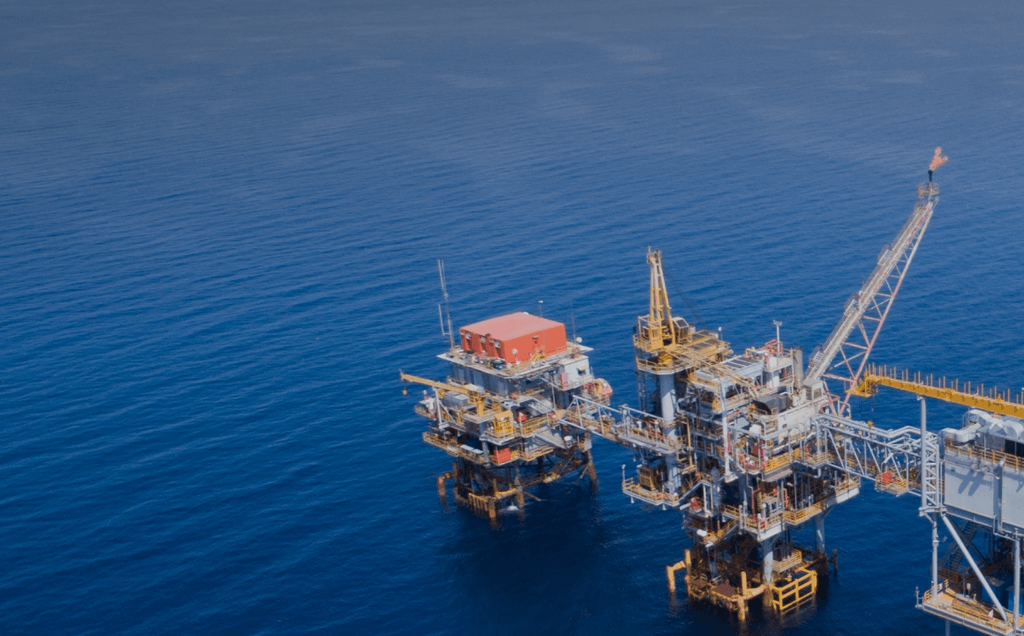PRESS RELEASE
Canada, Singapore and UK Among Countries Most Prepared for Climate Change, BloombergNEF’s New Ranking of Climate Adaptation Preparedness Finds

- Physical impacts of climate change cost the global economy at least $1.4 trillion last year according to data compiled by Bloomberg Intelligence.
- Governments are starting to align with private investors in viewing climate resilience as a strategic investment, not merely a cost center.
- Canada, Singapore, South Korea, Australia, the UK and Japan ranked as most active in addressing climate change adaptation.
- The US, which suffers the greatest cost from climate damage globally, ranked 12th of the 25 countries studied.
- BloombergNEF’s new framework and scorecard provides a tool for investors to analyze country-level climate risk and resilience.
London, October 13, 2025 – BloombergNEF’s (BNEF’s) new analysis of major economies shows Canada, Singapore and South Korea are leading when it comes to preparedness to adapt to a changing climate, with Saudi Arabia and Russia among the least prepared.
Climate-driven damages are increasing worldwide and harming human health, economic development, and regional security. Global losses topped $1.4 trillion last year, almost 10x the total in 2000 according to data from Bloomberg Intelligence. With the world off track to meet the Paris Agreement’s 1.5C warming goal, future damages can worsen unless economies and societies adapt. The economies that are the most active in addressing the physical perils of climate change are most likely to experience earlier the benefits of economic resilience, making them a lower-risk investment for private capital.
BNEF’s adaptation framework and country preparedness scorecard examines the climate adaptation preparedness of G20 and select Southeast Asian markets. The scorecard enables investors to better understand the resilience of countries to future climate impacts. This bridges a critical gap in current analyses, which often neglect the preparedness of a host country when assessing asset-level exposure.

Danya Liu, lead analyst managing BNEF’s Climate Adaptation practice said, “Investors are interested in climate adaptation not only as a risk avoidance measure but also as an emerging frontier for investment opportunity. We believe investors can expect lower climate-driven losses in markets that adapt effectively, all else equal.”

According to BNEF, high-scoring countries like Canada, Singapore and South Korea have taken more critical steps to build resilience and are in theory best equipped to manage the economic impacts of physical climate change. High scoring countries could also experience the benefits of resilience earlier, such as:
- Attenuation of climate losses
- Increased global competitiveness of climate-sensitive industries (e.g. agriculture and natural resources)
- Lower risk perception among foreign investors
- Growth of new markets for businesses that provide adaptation solutions
In contrast, lagging countries like Saudi Arabia, Russia and Thailand have not addressed adaptation well at the national level or have not publicized their efforts. Some, like Saudi Arabia, face low exposure to climate risks and therefore may have fewer incentives to act. Generally, climate-induced economic losses are more likely to go unchecked in these countries, especially in the near-term.
The US suffers the greatest economic cost from climate damages, according to Bloomberg data. To counter this, the country has built more engineered defences than any nation, CDP figures show. Yet federal adaptation initiatives lag most peers and even existing programs could suffer rollbacks. The impact of future climate events will be more unpredictable, and therefore more risky, without the shield of adaptation.
The scorecard, which launches BNEF’s new research coverage on climate adaptation and resilience, comprises an Adaptation Strategy Framework, which outlines key actions for building economy-wide resilience, and an Adaptation Preparedness Scorecard, which compares national-level efforts using that framework.
The data-driven resource will enable investors to compare progress across regions as they consider national adaptation efforts as part of risk analysis for all markets where they have exposure. Countries that effectively adapt can in theory lower the risk of climate-related losses for all investments in that market.
“The physical impacts of climate change are already affecting companies, financiers and communities. This analysis shows that many major economies are not doing enough to safeguard their economic resilience. This should worry business and investors, because a country’s preparedness for climate impacts will shape the risks for the assets, companies and societies located in it,” said Kobad Bhavnagri, Head of Strategy for BNEF.
An abridged version of the report is available at this link. BNEF subscribers can find the full report with country-level analysis on the client website and on the Bloomberg Terminal.
Media Contact(s)
For further information, please contact our media team.
Oktavia Catsaros
BloombergNEF
ocatsaros@bloomberg.net
About Bloomberg
Bloomberg is a global leader in business and financial information, delivering trusted data, news, and insights that bring transparency, efficiency, and fairness to markets. The company helps connect influential communities across the global financial ecosystem via reliable technology solutions that enable our customers to make more informed decisions and foster better collaboration. For more information, visit Bloomberg.com/company or request a demo.
About BloombergNEF
BloombergNEF (BNEF) is a strategic research provider covering global commodity markets and the disruptive technologies driving the transition to a low-carbon economy. Our expert coverage assesses pathways for the power, transport, industry, buildings and agriculture sectors to adapt to the energy transition. We help commodity trading, corporate strategy, finance and policy professionals navigate change and generate opportunities.





